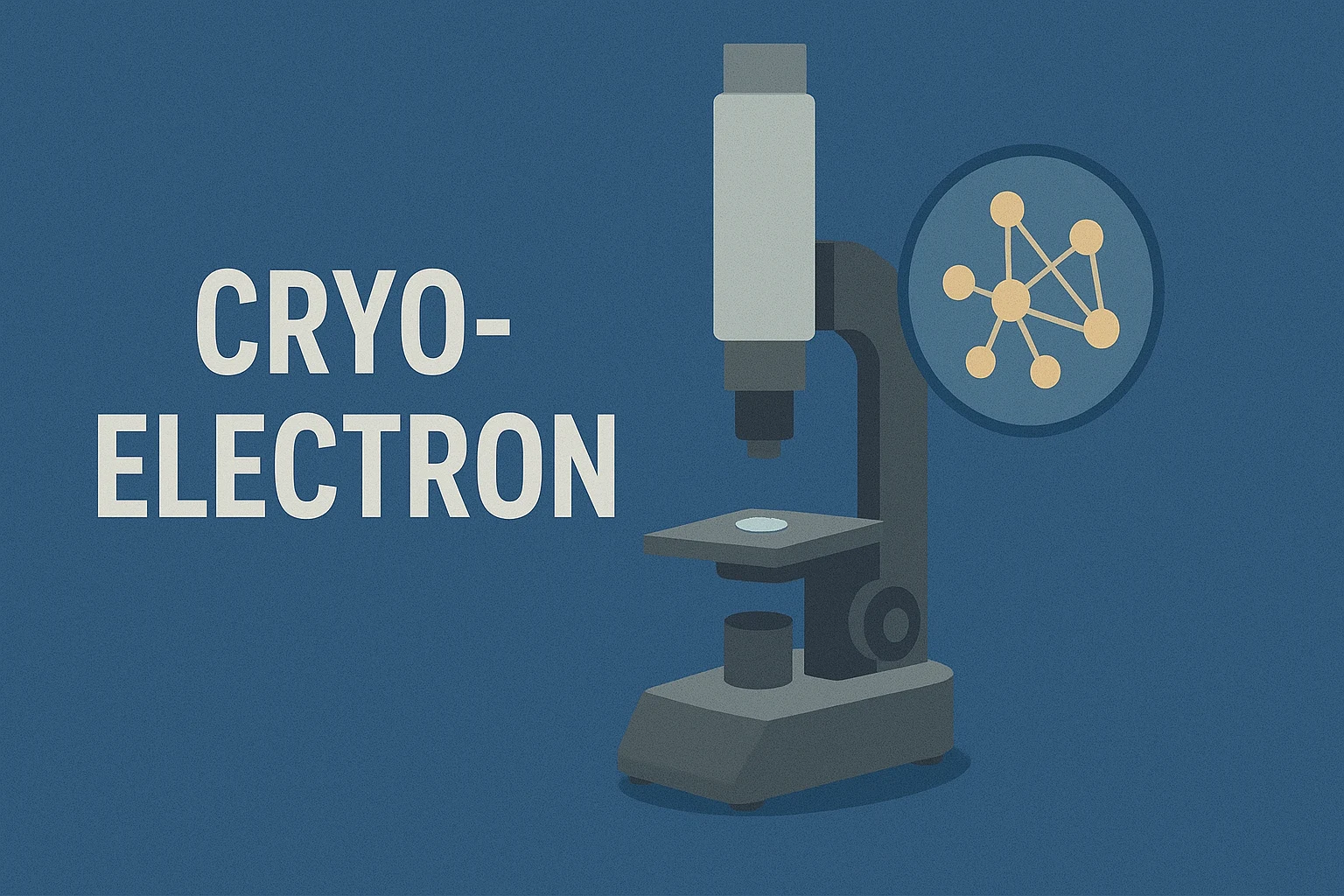Alloy Therapeutics Inc., a biotechnology ecosystem company focused on democratizing access to advanced drug discovery technologies, has announced a strategic collaboration with the University of British Columbia (UBC). This partnership aims to accelerate the discovery and development of novel antibody therapeutics designed to enhance pandemic preparedness and improve global health resilience.
Under this collaboration, Alloy will contribute its world-class antibody discovery expertise and technology platforms to support UBC’s research initiatives. UBC scientists will integrate these capabilities with high-throughput cryo-electron microscopy (cryo-EM)—a state-of-the-art imaging method that allows researchers to visualize biomolecular structures at near-atomic resolution. The goal is to speed up the identification and optimization of antibody candidates targeting infectious diseases, particularly those with pandemic potential.
The collaboration is part of the Pathogen Response Optimization by GENeratIng ThErapeutics Rationally (PROGENITER) program, one of the flagship initiatives within Canada’s Immuno-Engineering and Biomanufacturing Hub (CIEBH). The CIEBH is one of five national research hubs established to strengthen Canada’s ability to respond rapidly and effectively to current and future infectious disease threats.
A New Era of Pandemic Preparedness
The COVID-19 pandemic underscored the urgent global need for faster therapeutic discovery pipelines and scalable manufacturing capabilities. Programs such as PROGENITER are specifically designed to ensure that Canada—and the world—are better equipped for the next outbreak. By bringing together UBC’s pioneering cryo-EM technology and Alloy’s deep expertise in antibody discovery, the collaboration aims to build a rapid-response therapeutic development ecosystem capable of moving from pathogen identification to clinical candidate selection in record time.
“This collaboration between UBC and Alloy brings together expertise that will advance our mission to develop technologies aimed at generating novel antibody therapies rapidly,” said Sriram Subramaniam, Ph.D., Director of the PROGENITER program, Professor, and Gobind Khorana Canada Excellence Research Chair at UBC. “By combining UBC’s cryo-EM capabilities with Alloy’s antibody discovery platforms, we’re creating a robust foundation for therapeutic innovation that can accelerate the development of interventions for pandemic preparedness and beyond.”
Subramaniam is a globally recognized leader in cryo-electron microscopy, having pioneered several advances that have transformed structural biology and drug discovery. His team’s work focuses on elucidating the molecular structures of antibodies, viral antigens, and receptor complexes—critical insights that guide the rational design of new therapeutics and vaccines.
Harnessing the Power of Cryo-Electron Microscopy
Cryo-electron microscopy has emerged as a revolutionary technology in biomedical research, providing unprecedented insights into the structure and function of proteins, antibodies, and viral particles. Unlike traditional structural biology methods such as X-ray crystallography, cryo-EM allows scientists to observe biological molecules in their near-native state, capturing dynamic interactions and conformational changes essential for understanding their therapeutic potential.
Through this collaboration, UBC’s state-of-the-art cryo-EM infrastructure will be leveraged to characterize antibody-antigen interactions at high resolution. These insights will inform the design and optimization of potent antibodies capable of neutralizing emerging pathogens. Alloy’s cutting-edge antibody discovery platform will complement this effort by identifying and engineering promising candidates for further preclinical and clinical development.
The integration of cryo-EM with Alloy’s discovery tools represents a synergistic approach—one that combines deep molecular visualization with powerful discovery technologies to streamline the path from idea to innovation.
A Shared Vision for Open Collaboration
The partnership between Alloy Therapeutics and UBC exemplifies a shared vision of open science and collaborative innovation. Alloy, founded on the principle of democratizing access to biopharmaceutical technologies, works with academic institutions, startups, and established biopharma partners worldwide to enable faster and more efficient therapeutic development.
“We’re excited to collaborate with the University of British Columbia to contribute to Canada’s pandemic preparedness efforts,” said Heather Schwoebel, Chief Business Officer for Antibodies and Head of Strategic Collaborations at Alloy Therapeutics. “This collaboration underscores Alloy’s flexible and partnership-driven approach to investing in innovation that not only advances our own platforms but can also create meaningful value for the broader scientific community.”
By establishing collaborative frameworks like this one, Alloy seeks to remove traditional barriers to entry in drug discovery, empowering researchers everywhere to access the tools and expertise needed to tackle urgent health challenges.
Strengthening Canada’s Innovation Ecosystem
UBC is a global leader in biomedical innovation, known for its strong partnerships with the pharmaceutical industry and its contributions to translational medicine. The university’s collaboration with Alloy is expected to significantly enhance the PROGENITER program’s ability to translate basic research into viable therapeutic solutions.
“With a strong track record of partnering with leading global pharmaceutical companies, UBC’s partnership with Alloy will accelerate discovery efforts in the PROGENITER program,” said John-Paul Heale, M.B.A., Ph.D., Managing Director of Innovation UBC. “This collaboration exemplifies UBC’s commitment to working in an open, collaborative manner with industry leaders to drive scientific innovation and deliver societal impact.”
The partnership also aligns with Canada’s broader efforts to establish a self-sustaining biomanufacturing and life sciences sector, capable of responding to health crises while creating economic growth and scientific leadership.
Alloy Expands Footprint in Canada
As part of this new collaboration, Alloy Therapeutics has established a subsidiary in Ontario, Canada, reinforcing its commitment to global scientific collaboration and local innovation. The Canadian subsidiary will serve as a strategic hub to facilitate ongoing partnerships, research collaborations, and technology transfer initiatives with academic and industry stakeholders across the country.
This expansion reflects Alloy’s broader mission to build a global biotechnology ecosystem that empowers discovery and innovation wherever talent and opportunity intersect.
The Alloy–UBC partnership represents a powerful convergence of technology, expertise, and purpose. By combining the precision of cryo-electron microscopy with the speed and scalability of modern antibody discovery platforms, the collaboration has the potential to transform how therapeutics are designed and developed—ultimately ensuring that the world is better prepared for the infectious disease challenges of tomorrow.



